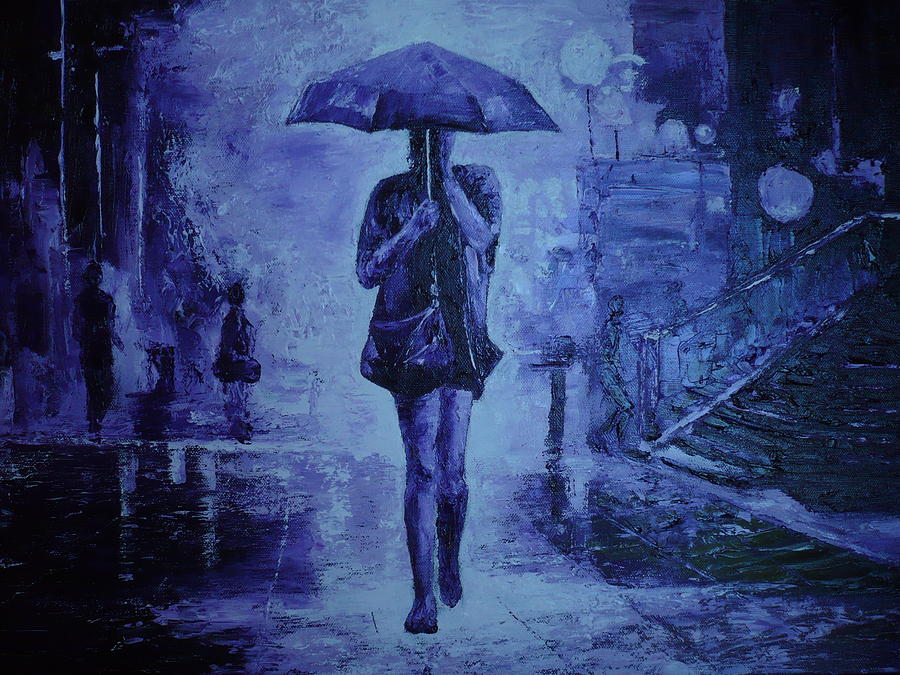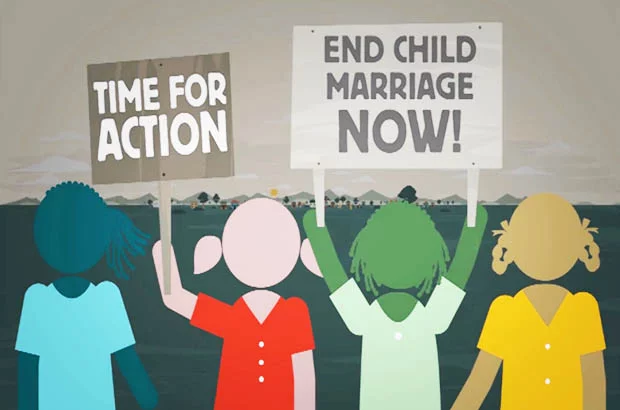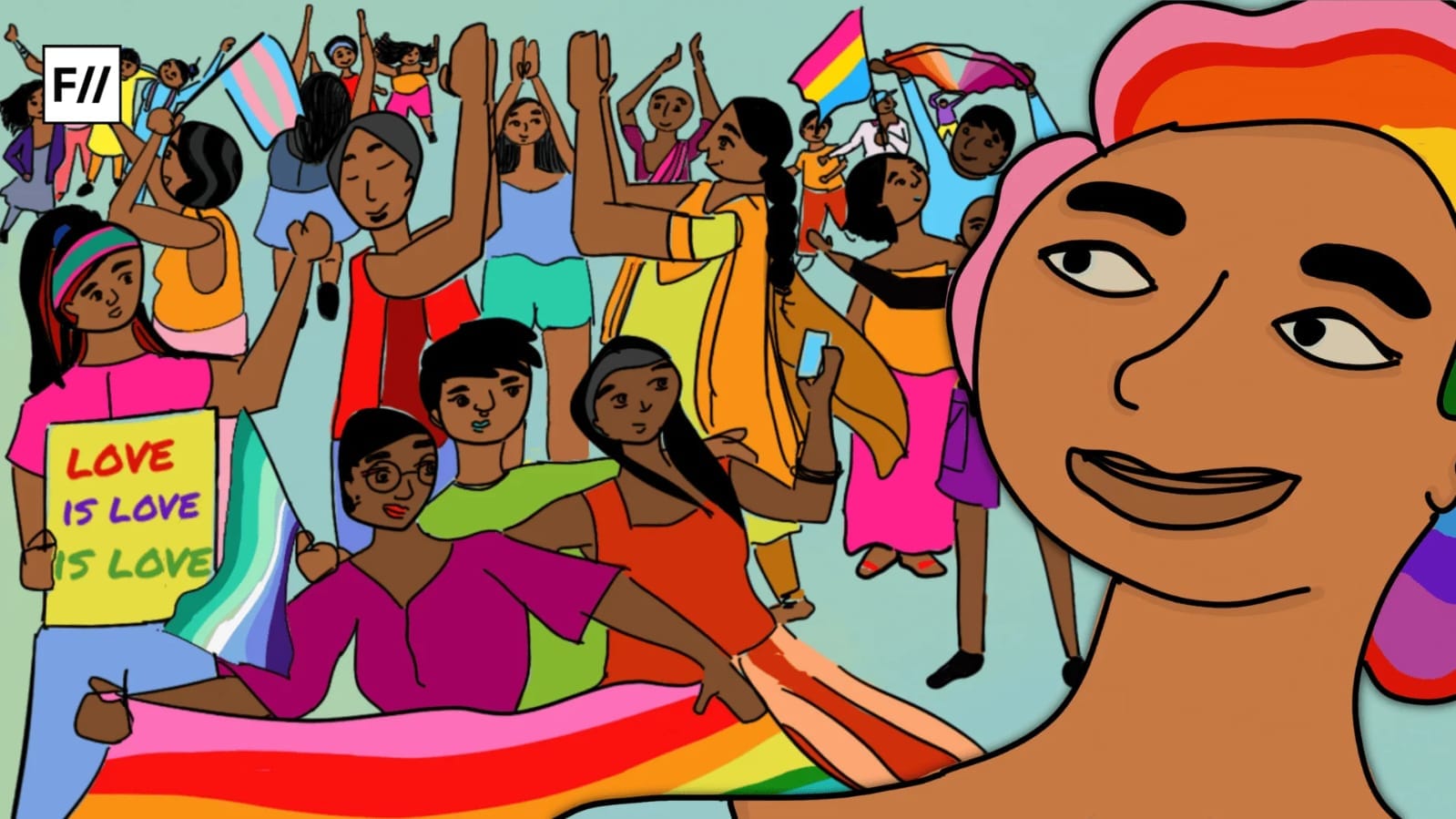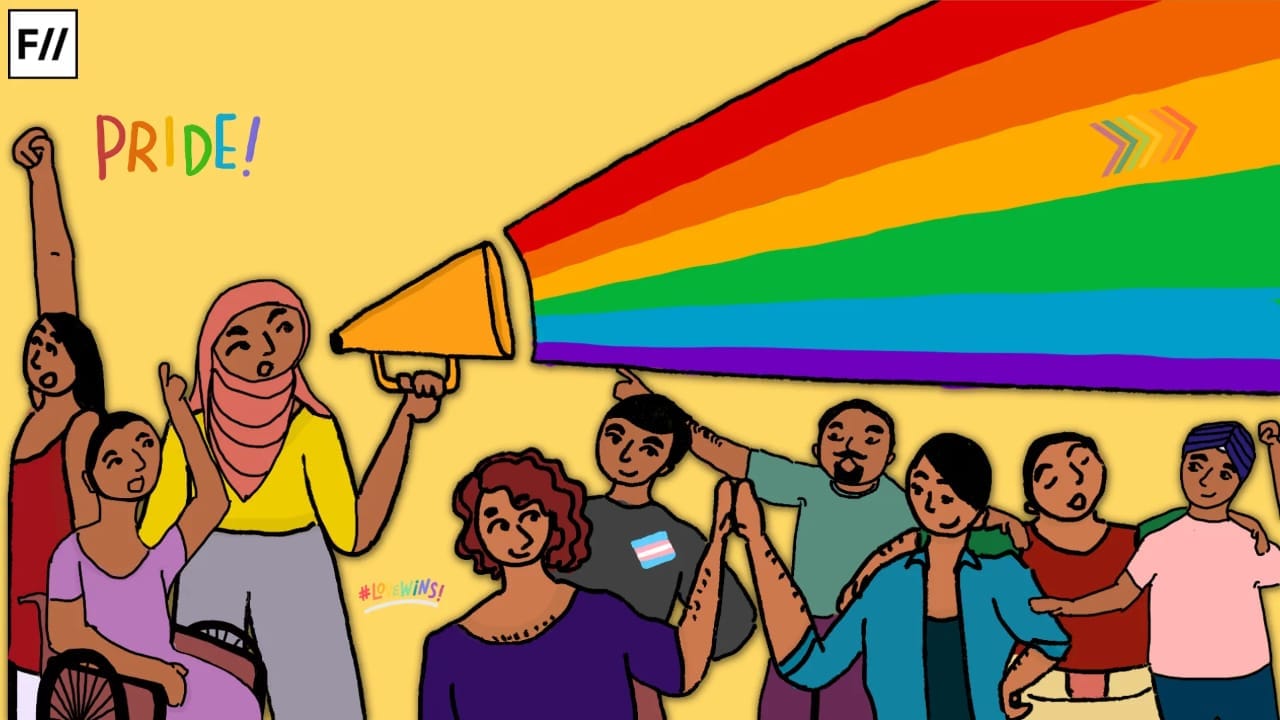Editor’s Note: This month, that is October 2020, FII’s #MoodOfTheMonth is Childhood and Relationship With Parents and Family, where we invite various articles to highlight the different experiences that we all have experienced in some form or the other in our birth or chosen families and have been negotiating with them everyday. If you’d like to share your article, email us at pragya@feminisminindia.com.
Trigger Warning: Rape
As the debates around the brutal rape and murder of a Dalit sister in Hathras, UP intensify, I sit here at my cold study in Seattle, USA, questioning my own savarna positionality and years of activism around gender and caste-based sexual violence. While politically engaged and young Dalit activism, scholarship and acumen are now reviving Dalit voices of dissent that have for centuries challenged Brahminical Hinduism and are finally tearing apart savarna supremacist myths about caste and ‘Indian’ unity, middle-class savarna feminists too are being challenged on their caste-blind approach to patriarchy.
Powerful Dalit women’s voices have lent credibility to the experiences of some of us who have neither been a part of old savarna Indian feminist circles, nor of newer, mostly metro-raised and US educated ‘woke’ Indian liberal feminist groups. For some of us, our feminist awakening has gone hand-in-hand with experiences of Brahmincal oppression in its purest form—in the patriarchal family—and with our stories of escape to different non-Euro-American geographies, where we have found erotic connections and built new families.
My personal story, of leaving India for Turkey, of challenging the violence of cis-Brahmin-heteronormative patriarchy to build a queer-multiracial-erotic kinship network in my adoptive city of Istanbul, is also a deeply political one, which I believe holds the key for reckoning savarna complicity in caste-based violences, including gender violence.
My personal story, of leaving India for Turkey, of challenging the violence of cis-Brahmin-heteronormative patriarchy to build a queer-multiracial-erotic kinship network in my adoptive city of Istanbul, is also a deeply political one, which I believe holds the key for reckoning savarna complicity in caste-based violences, including gender violence.
My story starts from the body, as all journeys do, and from the most fundamental violation of the body—the child’s body at home. From the ages of 7-15, I was repeatedly sexually abused by my Mama, my mother’s youngest brother. At the age of 8, when I wrote on a piece of paper that my Mama was ‘raping’ me and handed that over to my mother’s younger sister, my Maasi, she simply laughed at me mockingly, tearing the piece of paper into tiny shreds, and with that gesture, the dignity and confidence of the child that was me.
And of course, it had to be my aunt that I told this to, this aunt who I thought was the most educated and understanding of all, more than my mother, who has always struggled to give me affection and who from my very earliest years had taught me to hate my body and my destiny to be born a ‘girl’. Years later, following a forced marriage that ended in a divorce, I would tell my mother of my sexual abuse by her own brother and her response would be: “stop exaggerating this shit. It happens all the time. Boys are touching girls inappropriately in families all the time.”
So you see, very early on, it is my birth family that took away all the tools to cope with the world from me—the language of violence that my aunt discarded as a joke, the notion of ‘healthy’ sexuality and relationships, and the value of intimacies that could be physical without being abusive, and most importantly, that could be based on honesty. And so I learned to lie. I lied about all those clandestine and often dangerous liaisons with handsome boys behind bushes in small town India as I pretended to be out for tuition class. I constantly lied to get out of situations where an honest conversation would have sufficed. And finally, the greatest lie was to myself as I tried to believe that I could stay in a forced marriage that had been done more for my parents’ convenience than my happiness.
But I was wrong and when my marriage failed, my family, a unit that’s supposed to be our greatest support system in times of need, reared its ugliest side till date. My family became not only the hotbed of sexual abuse and gender oppression that I had known it to be, it turned into the most callous and violent institutuion that I had to abandon and run miles away from in order to literally save my physical body but also my mental health and wellbeing. I ended up in Istanbul, Turkey and for some years to follow would lose all contact with my parents and our extended family.
So you see, very early on, it is my birth family that took away all the tools to cope with the world from me—the language of violence that my aunt discarded as a joke, the notion of ‘healthy’ sexuality and relationships, and the value of intimacies that could be physical without being abusive, and most importantly, that could be based on honesty.
Very often when looking at women’s oppression we talk about empowering them through choice. But we assume that there is a choice between drastically different options to begin with in a world that is filled with possibilities. For most of us however, our families and the narrow confines of our social worlds already pre-determine the choices we make. In the late 2000s, running away from a family that was out to ruin me, with no significant work and academic credentials and zero finances, I didn’t ‘choose’ to go to Istanbul and subsequently didn’t ‘choose’ to become a feminist and move to the United States for my PhD.
I ended up in what I feel is the most magical city in this world, working and subsequently living there for 6 years through what I am tempted to call destiny but what was actually a sequence of bodily desires and acts of love. Yes, I ended up in Istanbul to escape the violence that characterises dominant caste Indian families and marriages under the facade of ‘love’ by actually viscerally desiring freedom, real love, and the emotional and sexual connections with people that go beyond dogmatic beliefs. And so once again my body that was at the center of experiencing all these sensations in Istanbul—the visual delight of its streets, the tactile thrill of touching and being in close proximation to ‘foreign’ bodies, realising through deep emotional relations with my Turkish friends that patriarchy is something that connects us all albeit in different forms, and also realising that what is ‘Indian’ varies deeply by caste, class, religion and region.
It is these bodily and emotional connections and desires that preceded the language of feminism and gender that I finally gained as a Masters student in Istanbul. It is also these connections—some ephemeral in the form of passionate sexual encounters that I still cherish and many so intense and emotionally strong with a core group of people from around the world and across gender and sexual spectrums—that gave me a new home.
It is finally in my friendships, sexual adventures and memories I built in Istanbul that I found home after escaping the violence of my patriarchal Brahmin family. This queer kinship network with a core group of closest friends that I carry in my heart even here in the United States is one that transcends blood ties and is sustained by deep emotional, sensual and erotic connections that go beyond our constricted ideals of caste, nationality, blood-relation, and sexuality.
Since I first moved to Istanbul I have had two children and have used the language of feminism that my Masters provided me to name my own lived realities and to come here to the US where I now teach and research on gender, sexuality and violence in the privileged spaces of academia. And it is here where I am confronted with some of the caste-privileged gatekeepers of knowledge who have kept the language of feminism divorced from deep personal and familial pains, the very folks that my Dalit peers too are rightfully frustrated with. And I occupy this academic space in ambivalence.
On the one hand I know that the savarna privilege accrued by my Brahmin ancestors lives through my body no matter how hard it has been for me personally and that undoubtedly the power of dominant caste privilege, of light skin, of education has enabled me to enter these elite academic gates. But on the other hand, I am also solaced by the fact that my body has lived, survived, challenged and abandoned precisely that Brahminical natal family unit with its shallow Hindu values that continues to support atrocities against women, non-caste-religion-dominant and queer folks.
And that the language of feminism, in spite of its savarna supremacist white roots has come to me after my own body and lived experiences challenged Brahminical patriarchy and sexual control of women’s bodies in the family.
Also read: A Marxist-Feminist Reading Of Sexual Division of Labour In Family
I say all this not to redeem my savarna complicity in the brutal violence that we keep on witnessing in India but rather to remind myself that while my need to belong to the feminist community, which has also been a kind of family providing me incredible power in my own journey, easily sways me into helplessness and savarna guilt, I also need remember that my own ‘feminist’ journey began from my body and by abandoning my Indian family for my queer Turkish kinship network and continues due to the immense love and support I receive from the latter.
By presenting my story of escape from violent Brahmincal family structures and finding love and refuge in my queer family in a equally patriarchal Turkish society, I also don’t wish to deny the fact that violence against women and non-gender-sexual conforming folks exists in non-dominant groups as well, including Dalit communities. My humble endeavor through my own story of childhood and family as a feminist has been instead to show a lot of my savarna peers that true challenge to dominant caste and patriarchal systems can only happen when you listen to your body and challenge your families that are the primary site of your socialization, which can both provide love but also teach you horrible forms of violation, privilege and leave your political and social justice conscience bankrupt.
Most importantly, through my story I want to center and lend support to Dalit voices who have for years been telling savarnas that violence is not just an individual violation of the body. It is the manifestation of systemic prejudices that oppress us all but especially caste and gender-oppressed folks.
Also read: My Experience Of Discussing Childhood Trauma With Family
I believe that for the current political and feminist emancipation of the nation all of us savarnas have to start by questioning our personal life histories and the violences and prejudices in our families and acknowledge that truly loving families can also be imagined and build across racial, national, religious, gender, and sexual lines in spaces that are not as ‘familiar’ to our privileged bodies such as the United States.
If such queer kinship isn’t the embodiment of humanity and love in its purest form, what is?
Featured Image Source: Fine Art America
About the author(s)
Akanksha is a doctoral candidate at the Department of Gender, Women and Sexuality Studies, University of Washington, Seattle. She is currently on an American Institute of Indian Studies fellowship to conduct her research on desire, sexuality and citizenship in schools in India and Turkey. She loves traveling, dancing and reading and is based in Secunderabad with her spouse and two kids.




